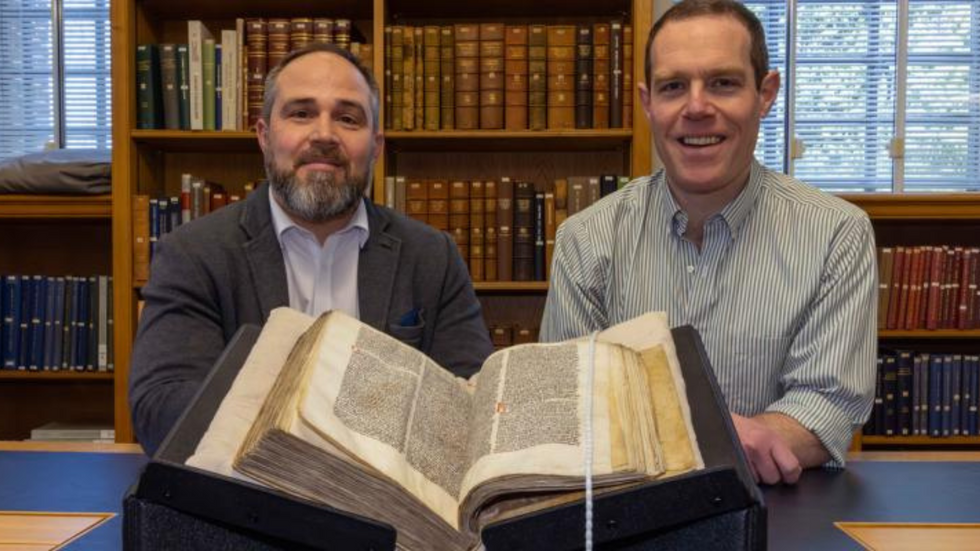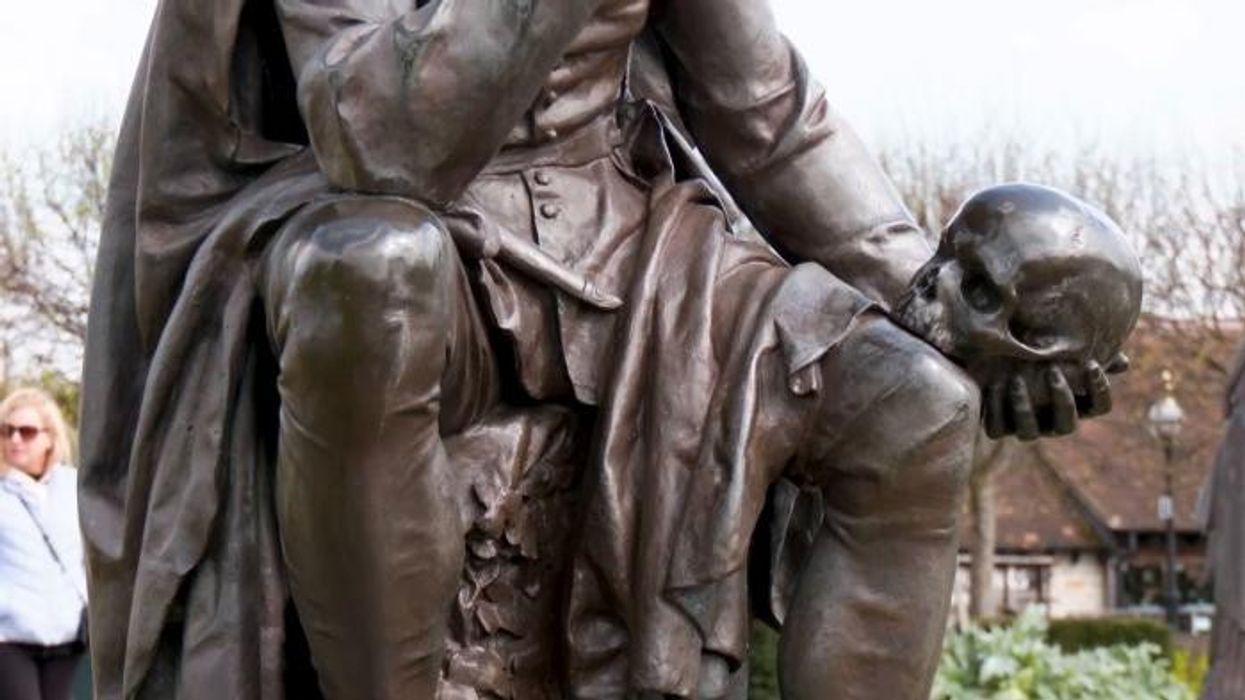Chaucerian mystery solved as scientists decode lost English legend after 800 years
The centuries-old discovery shows a rare instance of 'pop culture' in a sermon, researchers have said
Don't Miss
Most Read
Latest
Scholars have been left puzzled for 130 years by a medieval literary mystery - but now, two experts believe they have finally solved it.
In the Middle Ages, the Song of Wade was a widely-known folk tale, and was believed to be a "monster-filled epic".
But a pair of researchers from Cambridge University believe the tale is actually a chivalric romance.
Their work has helped to solve the most famous mystery in the writings of Geoffrey Chaucer, who also penned the Canterbury Tales.
It also provides “rare evidence” of a reference to “pop culture” during a medieval preacher’s sermon - and brings "a perspective that makes sense of Chaucer’s references to the mythical knight Wade in terms of courtly intrigue".
The breakthrough was made by Dr James Wade and Dr Seb Falk, both of Girton College, Cambridge.
They argue the only surviving piece of the Song of Wade, which dates back to the 12th century, has been “radically misunderstood” for the last 130 years, and that the manuscript refers to “wolves” rather than “elves” as experts had previously assumed.
Falk, a scholar of medieval history and history of science, said: “Changing elves to wolves makes a massive difference.
“It shifts the legend away from monsters and giants into the human battles of chivalric rivals.”

The breakthrough was made by Dr James Wade and Dr Seb Falk, both of Girton College, Cambridge.
|UNIVERSITY OF CAMBRIDGE
Wade was a significant romantic hero in the Middle Ages, similar to other famous knights like Lancelot and Gawain.
The passage was first discovered by scholar and ghost writer MR Hames in Cambridge in 1896 whilst he was looking through Latin sermons from Peterhouse’s library in Cambridge.
Initially surprised to find passages written in English, he consulted another Cambridge scholar, Israel Gollancz, and they together announced the verses were from a lost 12th century romantic poem which they called the Song of Wade.
But nearly 130 years have passed since then, with no more information about the passages coming to light.
MORE ANCIENT BREAKTHROUGHS:

The 800-year-old document is a part of MS 255, a Peterhouse Cambridge collection of medieval sermons
|UNIVERSITY OF CAMBRIDGE
Dr Wade, an expert on English literature from the Middle Ages, said: “Lots of very smart people have torn their hair out over the spelling, punctuation, literally translation, meaning, and context of a few lines of text.”
The Cambridge duo say scholars have misread three words due to misleading errors made in the transcription of the sermon, which lead to the letters "y" and "w" becoming confused.
By correcting this mix-up, as well as other errors, the meaning of the translated text has been transformed.
Falk added: “Here we have a late 12th century sermon deploying a meme from the hit romantic story of the day.
“This is very early evidence of a preacher weaving pop culture into a sermon to keep his audience hooked.”
He continued: “It’s a creative experiment at a critical moment when preachers were trying to make their sermons more accessible and captivating.”
Also discussing the sermon, Wade emphasised how it continues to resonate today because “it warns that it’s us, humans, who pose the biggest threat, not monsters.”
Researchers have also, for the first time, identified the most likely author of the Humiliamini sermon as late-medieval writer Alexander Neckam.
The 800-year-old document is a part of MS 255, a Peterhouse Cambridge collection of medieval sermons - with the breakthrough explained in the journal The Review of English Studies.











